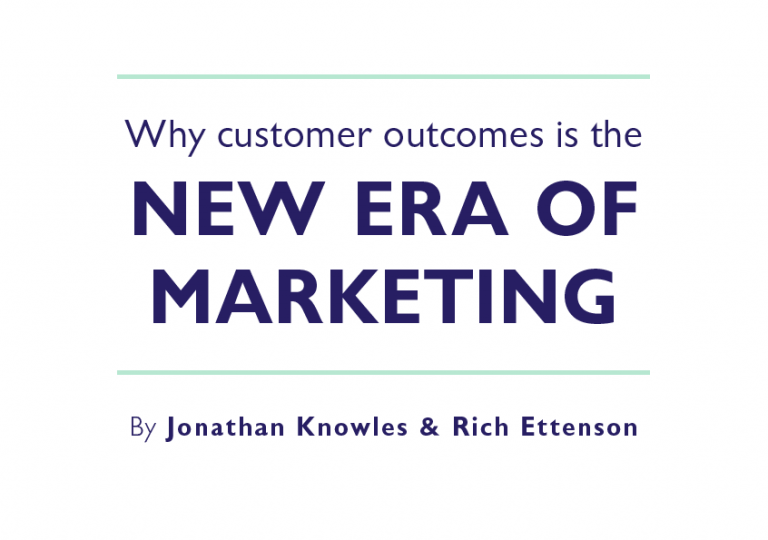Jonathan Knowles is the coauthor of five articles in the Harvard Business Review and fifteen in the MIT Sloan Management Review (nine of which form “The Strategy of Change” series). His articles have also appeared in The Wall Street Journal, the Marketing Strategy Journal, the Review of Marketing Research, the Journal of Interactive Marketing, Professional Investor, Intellectual Asset Management, The Marketing Journal and the AMA’s Marketing Management.
He has coauthored chapters on “The Marketing Implications of Financial Accounting” (2021) and “Orientation and Marketing Metrics” (2009), as well as a Marketing Science Institute working paper on “The Value Implications of Corporate Branding in Mergers” (2011).
He has collaborated on commissioned reports by LinkedIn’s B2B Institute (“The Three Drivers of Financial Value” 2024) and the Association of National Advertisers (“Marketing Impact Measurement Study” 2024 and “How Strong Brands Impact Financial Value” 2014).
He is coauthor of the book “Vulcans, Earthlings & Marketing ROI” (Wilfrid Laurier University Press, 2008) and “The Ultimate CMO Guide to Beat Budget Hell” (Vicomte, 2025).
His writing focuses on three main topics – business strategy (especially the role of purpose, reputation, and brand in value creation); mergers (intangible assets, post merger integration, brand architecture); and performance measurement (accounting for marketing, brand valuation).
Filter by subject
Article Strategy
Brands are commercial constructs whose role is to persuade customers to buy. It is only a good strategy for a brand to define itself in terms of a social cause if it can do so authentically – and that the purchase behavior of its target customers is driven by their commitment to this cause.
Article Strategy
Harvard Business Review featured my commentary on how it was important to distinguish between the interests of your brand and your corporate reputation in order to understand the role that social purpose should play in your strategy.
Article Strategy
We put forward S.A.V.E as the B2B version of the four P’s — broadening the concept of product to solution; place to access; price to value; and promotion to education.
Report Strategy

Marketing is a business discipline that adapts to changes in technology that impact how customers discover, evaluate, purchase and consume products and services. Marketing is therefore the most context-dependent of all the business disciplines.
Marketing has been through a number of “eras” since it first emerged as a business discipline at the beginning of the twentieth century. The goal of this report is to analyze the changes in technology that give rise to each era in order to understand how marketing should respond to the latest technologies – digitization, the Internet of Things, and personalization.
Our conclusion is that a focus on customer outcomes is what is required to ensure that marketing continues to meet its purpose of acquiring and retaining customers.
Article Mergers
It is a well documented phenomenon that newly merged companies underperform the market by around 10% in the three years following the merger. There’s an infrequent but important exception, though: Corporations that brand themselves with a “fusion” of the merging companies’ identities typically enjoy higher returns.
Article Mergers
This is the working paper that outlines the findings from our research into the impact that the selection of corporate brand strategy has on post merger returns.